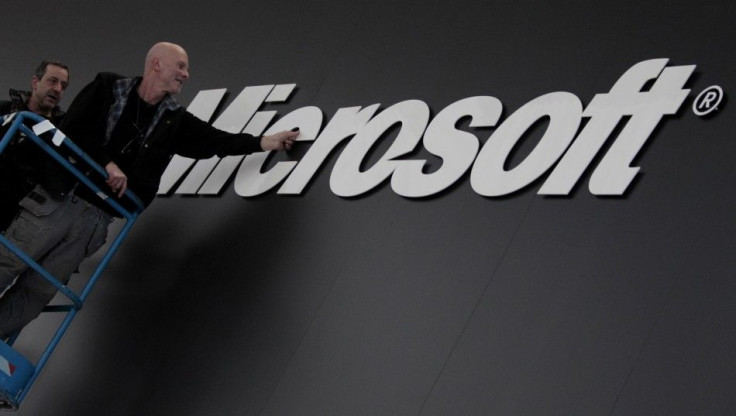Microsoft's Q3 overshadowed by competitive threats

Microsoft said late Thursday that the company's third-quarter earnings rose 31 percent increase, propped up by the company's entertainment division, but saw weakness in its core businesses.
Driven by the Kinect demand, revenue in the company's entertainment division climbed 60 percent.
But the company reported a 4 percent decrease in revenue from its core Windows franchise, dimming an otherwise strong fiscal third-quarter performance.
The slip represents the second time the core division declined, raising concerns that the boom days may be over for the giant.
Shares slipped 40 cents to $26.32 in extended Thursday trade.
The decline in the Windows segment suggests that consumers are moving away from traditional personal computers -- Microsoft's stalwart -- to other platforms, like mobile and tablets where the company is much weaker.
Peter Klein, Microsoft's finance chief, told analysts on an earnings call that there are several dynamics at work in the consumer PC market. Microsoft estimates consumer demand was down 8 percent, partly because of a big decline in sales of netbooks.
Netbook sales, which peaked in popularity over the last 2 year, spurred sales of Microsoft's Windows XP, propping revenue over the slower periods while consumers awaited Windows 7.
The quarter also set another milestone in Microsoft's competition with arch-rival Apple.
For the first time, Microsoft's profit of $5.2 billion was less than the $5.99 billion Apple earned in its fiscal second quarter ending in March. Apple had already passed Microsoft in market capitalization last year.
© Copyright IBTimes 2025. All rights reserved.





















